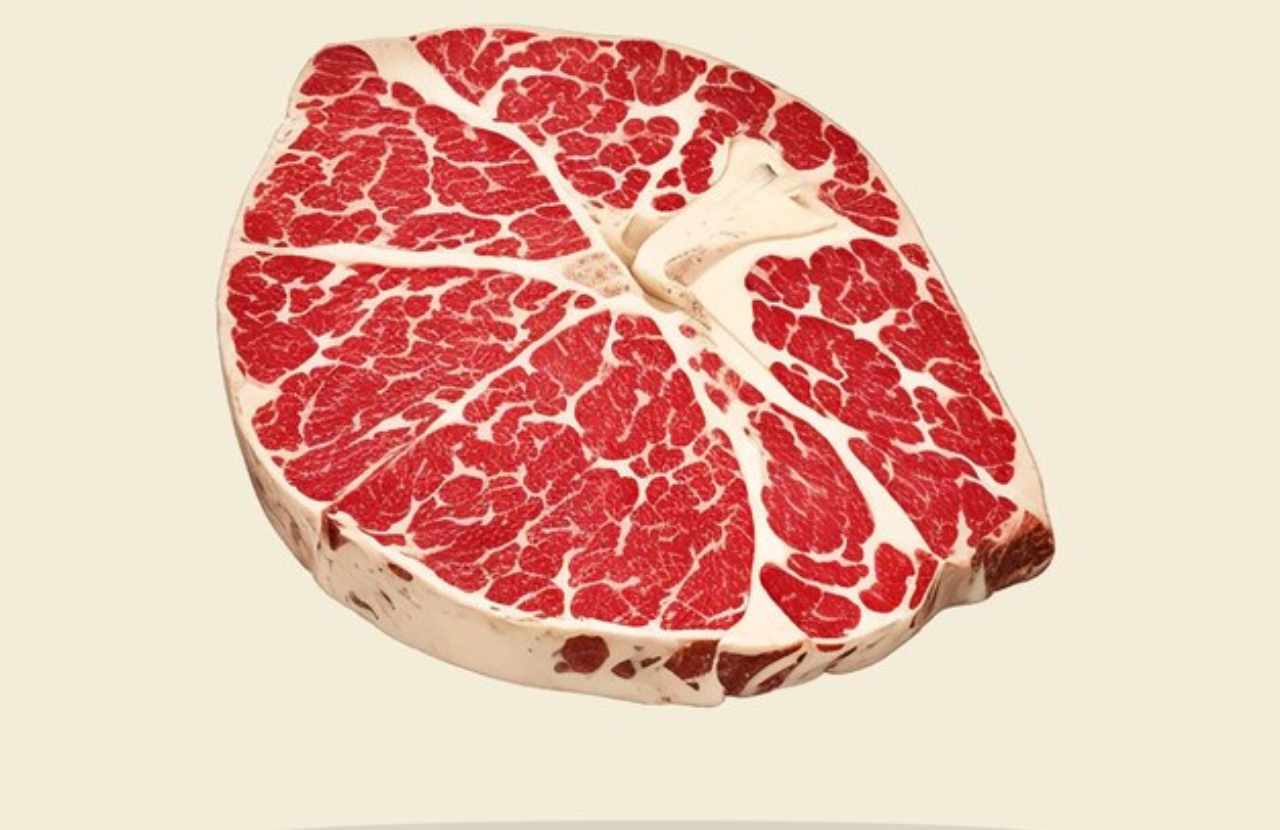Brisket, a culinary delight for many meat enthusiasts, is a dish that has gained immense popularity in various cuisines around the world. However, for some individuals, indulging in a plate of succulent Brisket can lead to an unpleasant aftermath—feeling sick. In this blog post, we will explore why does brisket make you sick and explore ways to enjoy this delicious dish without the unpleasant side effects.
Can Brisket Make You Sick?
Consuming Brisket, like any other meat, carries the risk of foodborne illnesses if not handled and cooked properly. Brisket comes from the breast or lower chest of the cow and is known for its rich flavour and tenderness when cooked correctly. However, like any raw meat, raw Brisket may harbour harmful bacteria such as Salmonella, E. coli, or Listeria.
To minimize the risk of illness, handling and cooking Brisket with care is crucial. Cross-contamination should be avoided by keeping raw Brisket separate from ready-to-eat foods, and thorough cooking is essential to destroy any potentially harmful bacteria. The internal temperature of the Brisket should reach at least 145°F (63°C) to guarantee its safety for consumption.
In addition to proper handling and cooking, the storage of Brisket is also important in preventing foodborne illnesses. Raw Brisket should be refrigerated promptly and stored below 40°F (4°C) to slow bacterial growth. Leftover cooked Brisket should be refrigerated within two hours of serving, and consuming or freezing it within 3-4 days is advisable.
Failure to follow these guidelines can increase the risk of bacterial contamination, leading to symptoms such as nausea, vomiting, diarrhoea, and more severe complications in some cases. To enjoy Brisket safely, practising good food safety habits is crucial throughout the handling, cooking, and storage processes.
Why Does Brisket Make You Sick?
Experiencing discomfort or illness after consuming brisket can be attributed to various factors, from improper cooking methods to individual sensitivities. Understanding the potential reasons behind why brisket may make you feel unwell can help you navigate a more enjoyable dining experience. Here are the reasons-
Quality of Brisket
One of the primary reasons behind feeling sick after consuming Brisket could be the meat quality. Brisket is a tough cut that requires slow cooking to become tender and flavorful. If the meat is of poor quality or has not been prepared properly, it may contain harmful bacteria or toxins that can lead to food poisoning.
To ensure the quality of your Brisket, source it from a reputable butcher or grocery store. Look for fresh, well-marbled meat and pay attention to its colour and smell. If the Brisket appears discoloured or has a foul odour, it’s best to avoid it.
Foodborne Illnesses
Brisket, like any other meat product, is susceptible to contamination during various stages of processing and handling. Improper storage, inadequate cooking temperatures, and cross-contamination can all contribute to harmful bacteria such as Salmonella, E. coli, or Campylobacter in the meat. Consuming undercooked or contaminated Brisket can result in foodborne illnesses, leading to nausea, vomiting, diarrhoea, and abdominal pain.
To reduce the risk of foodborne illnesses, handling and cooking Brisket with care is crucial. Use separate cutting boards for raw meat and other ingredients, cook the Brisket to a safe internal temperature, and refrigerate leftovers promptly. These practices can significantly minimize the chances of bacterial contamination and help you enjoy your Brisket without the unpleasant consequences.
Spices and Seasonings
The seasonings and spices used in brisket preparation may also contribute to feeling sick. Some individuals may have sensitivities or allergies to certain spices or ingredients commonly used in brisket rubs and marinades. For example, garlic, onion, or certain herbs could trigger digestive issues or allergic reactions in sensitive individuals.
If you suspect the seasonings are the culprit, try simplifying the brisket recipe or experimenting with alternative spices well-tolerated by your digestive system. Keeping a food diary can also help pinpoint specific ingredients that may be causing discomfort.
Smoking and Barbecuing Techniques
Brisket is often prepared using smoking or barbecuing techniques, which can introduce additional factors that may contribute to feeling sick. Wood chips, charcoal, or even the type of smoker used can influence the flavour and safety of the dish. If not done correctly, the smoke from the cooking process can carry harmful compounds that may affect individuals differently.
To mitigate the risks associated with smoking or barbecuing Brisket, ensure proper ventilation and use high-quality fuel sources. Additionally, monitor cooking temperatures closely to avoid undercooking or overcooking the meat. Taking these precautions can help preserve the delectable flavours of the Brisket while minimizing any potential health risks.
Fat Content
Brisket is a fatty cut of meat, and while the fat contributes to its rich flavour and tenderness, it can also be a source of discomfort for some individuals. Excessive fat consumption can lead to digestive issues, especially if your body is not accustomed to processing large amounts of fat in a meal.
If you find that fatty Brisket tends to make you feel sick, consider opting for leaner cuts or trimming excess fat before cooking. Balancing your brisket meal with lighter side dishes, such as fresh vegetables or a light salad, can help ease the digestive burden and enhance overall meal satisfaction.
Final Words
While Brisket is undoubtedly a delicious and popular dish, it’s essential to be mindful of various factors contributing to feelings of sickness after consumption. By prioritizing the quality of the meat, practising proper food handling and cooking techniques, being aware of individual sensitivities to seasonings, and managing fat intake, you can continue to enjoy Brisket without compromising your well-being. Experimenting with different cooking methods and flavours can also help tailor the dish to suit your preferences while minimizing the risk of adverse reactions. Remember, a delightful brisket experience begins with careful consideration and attention to detail throughout the cooking process.

